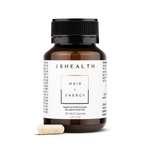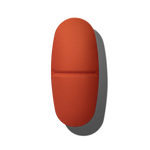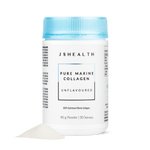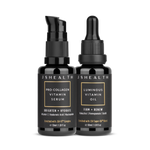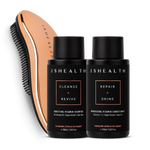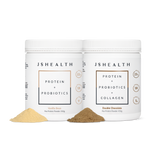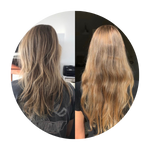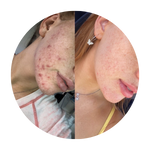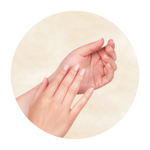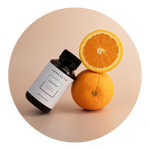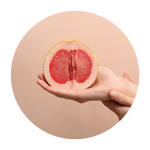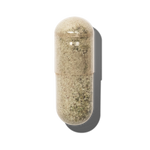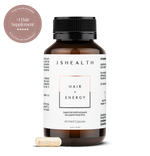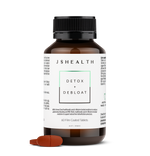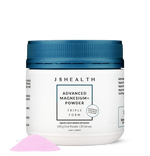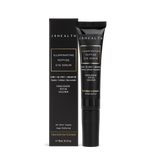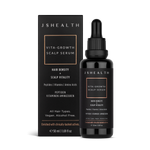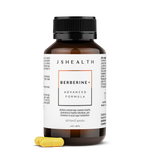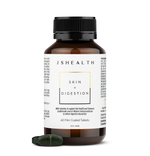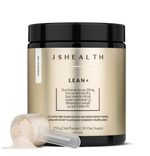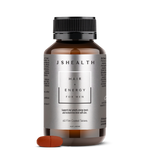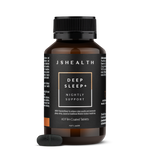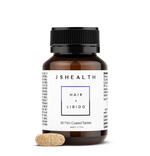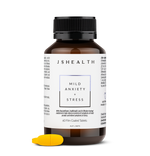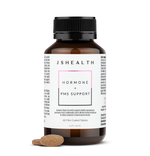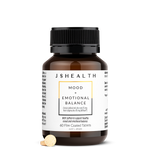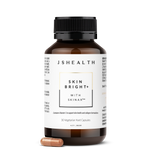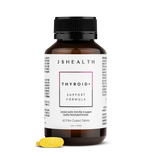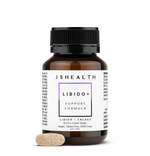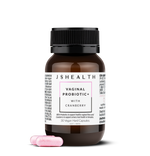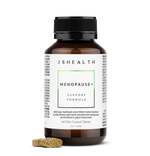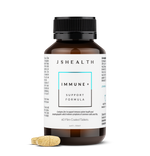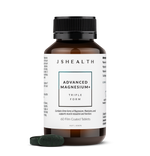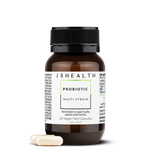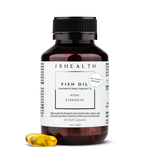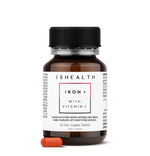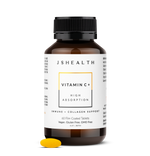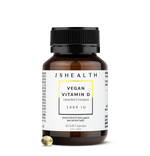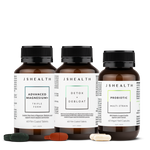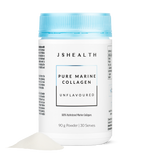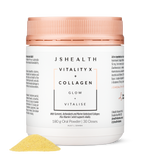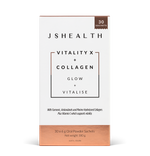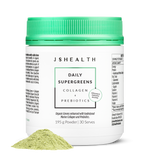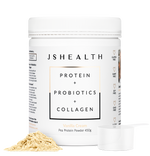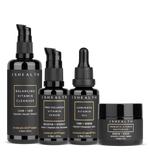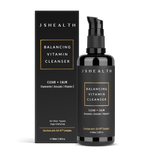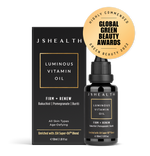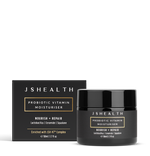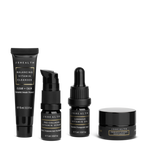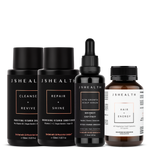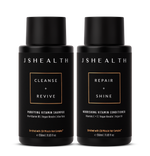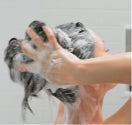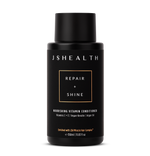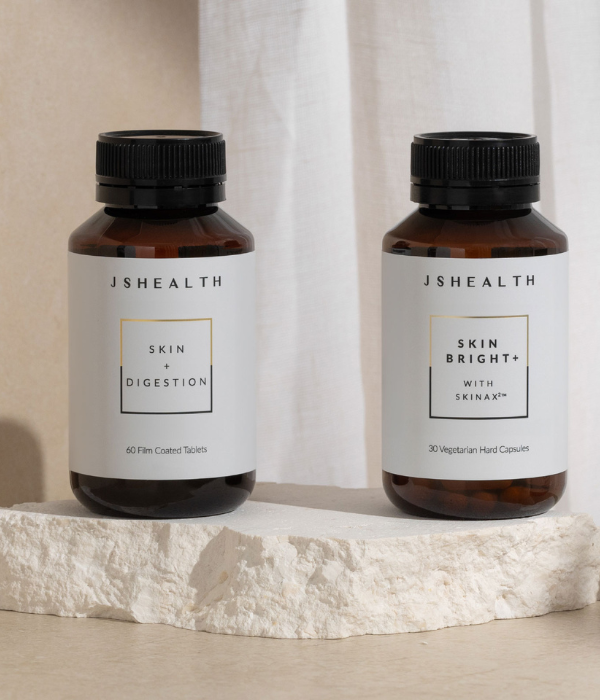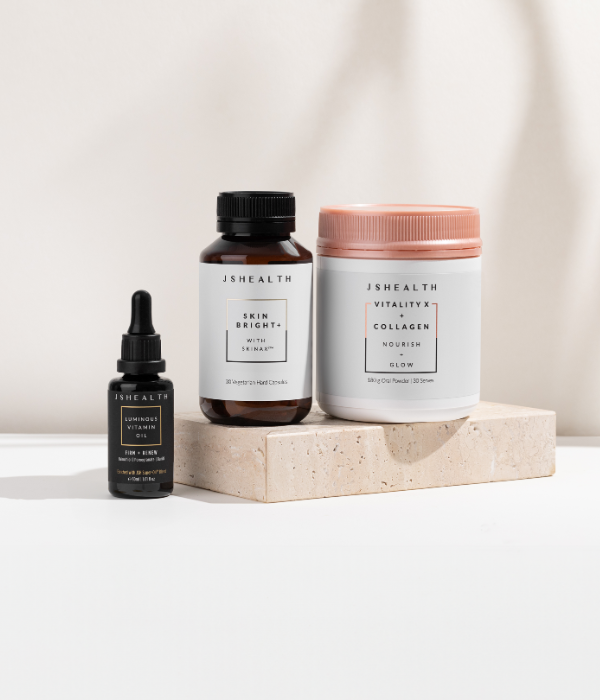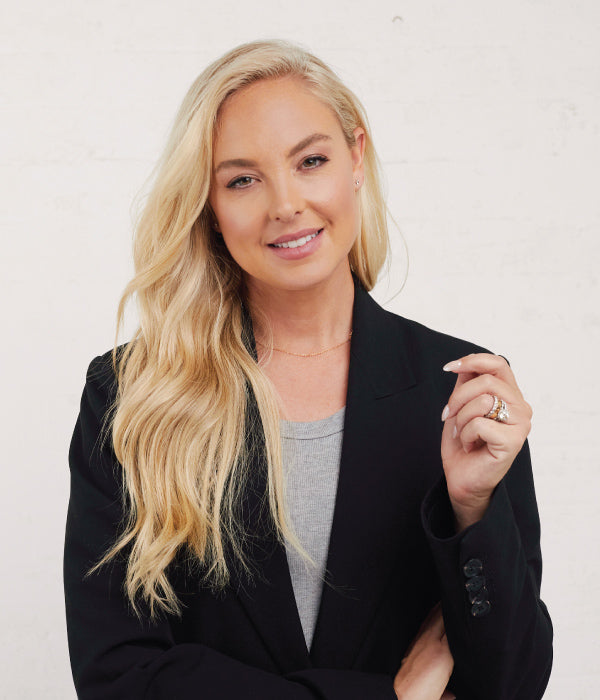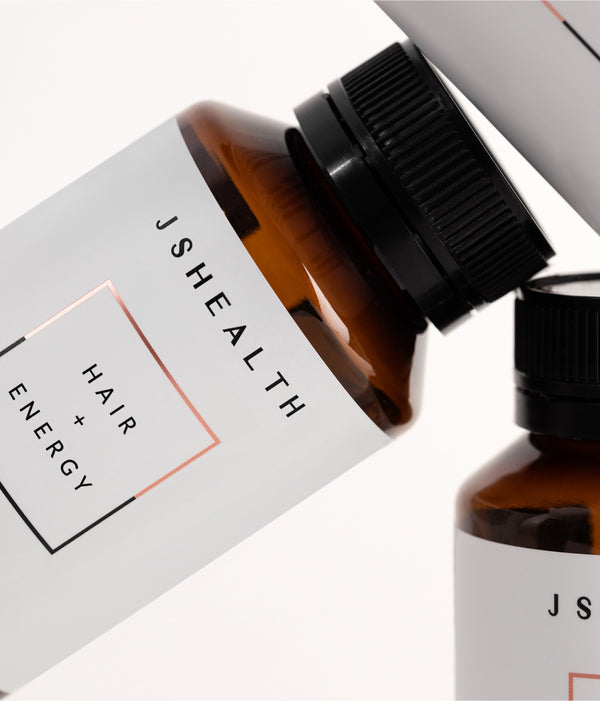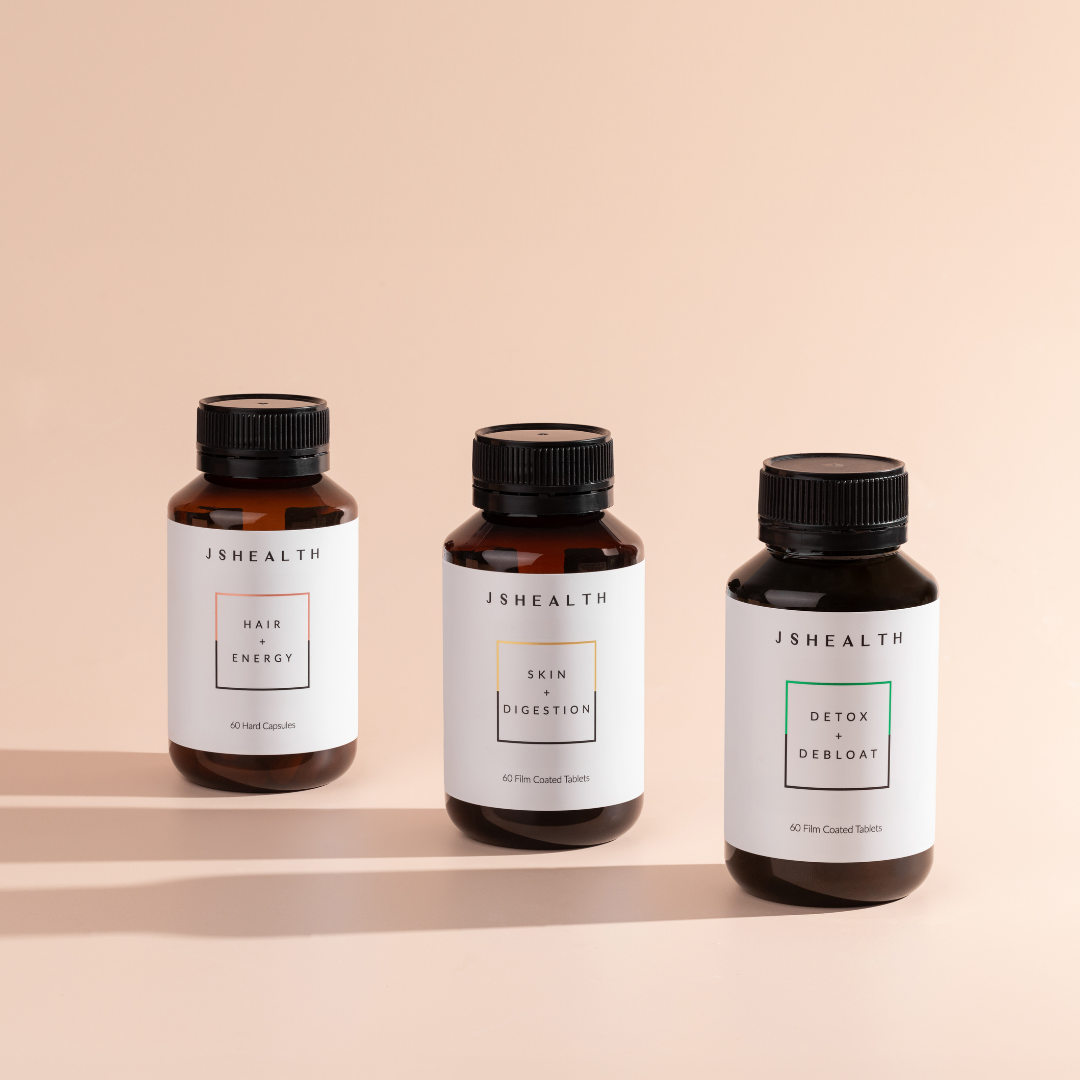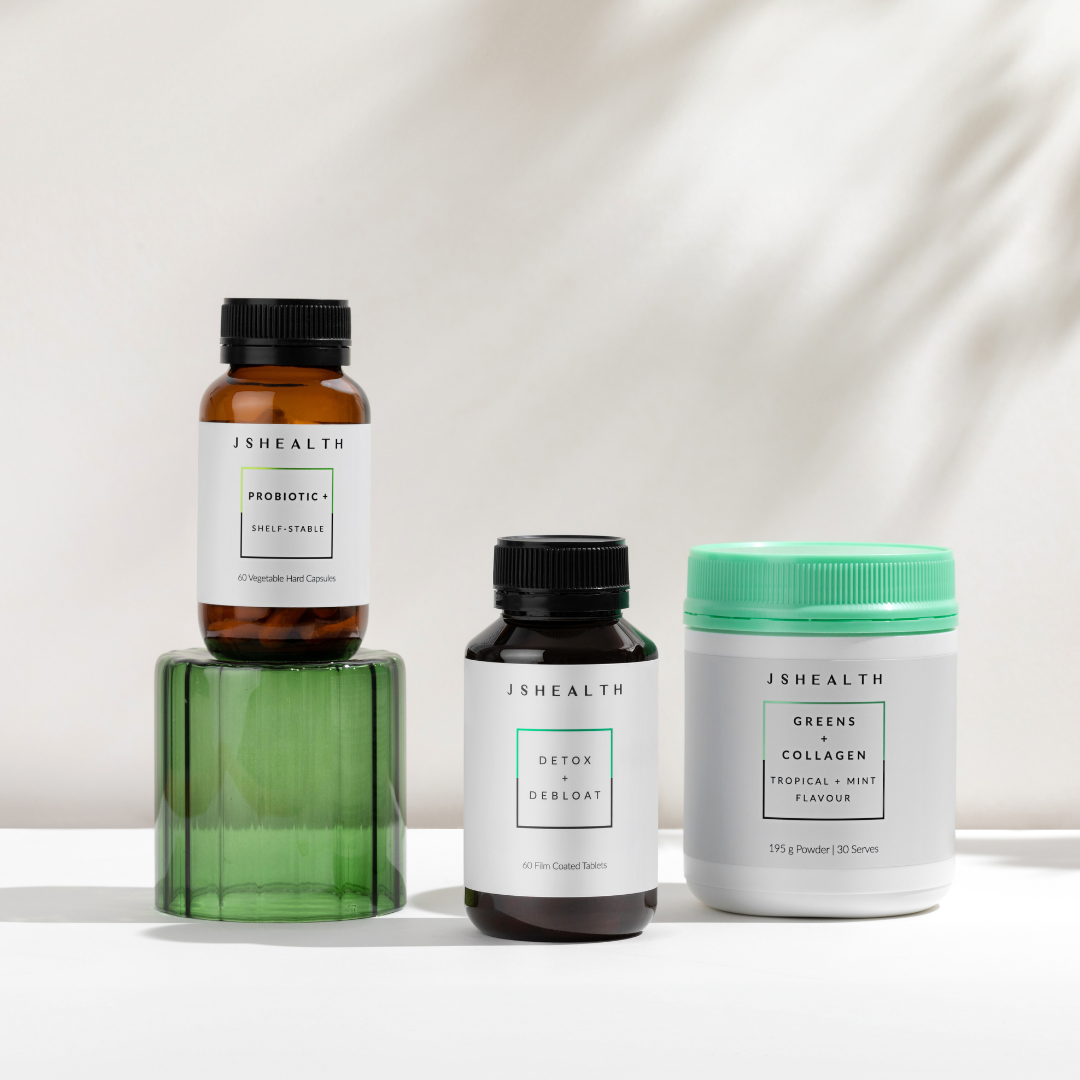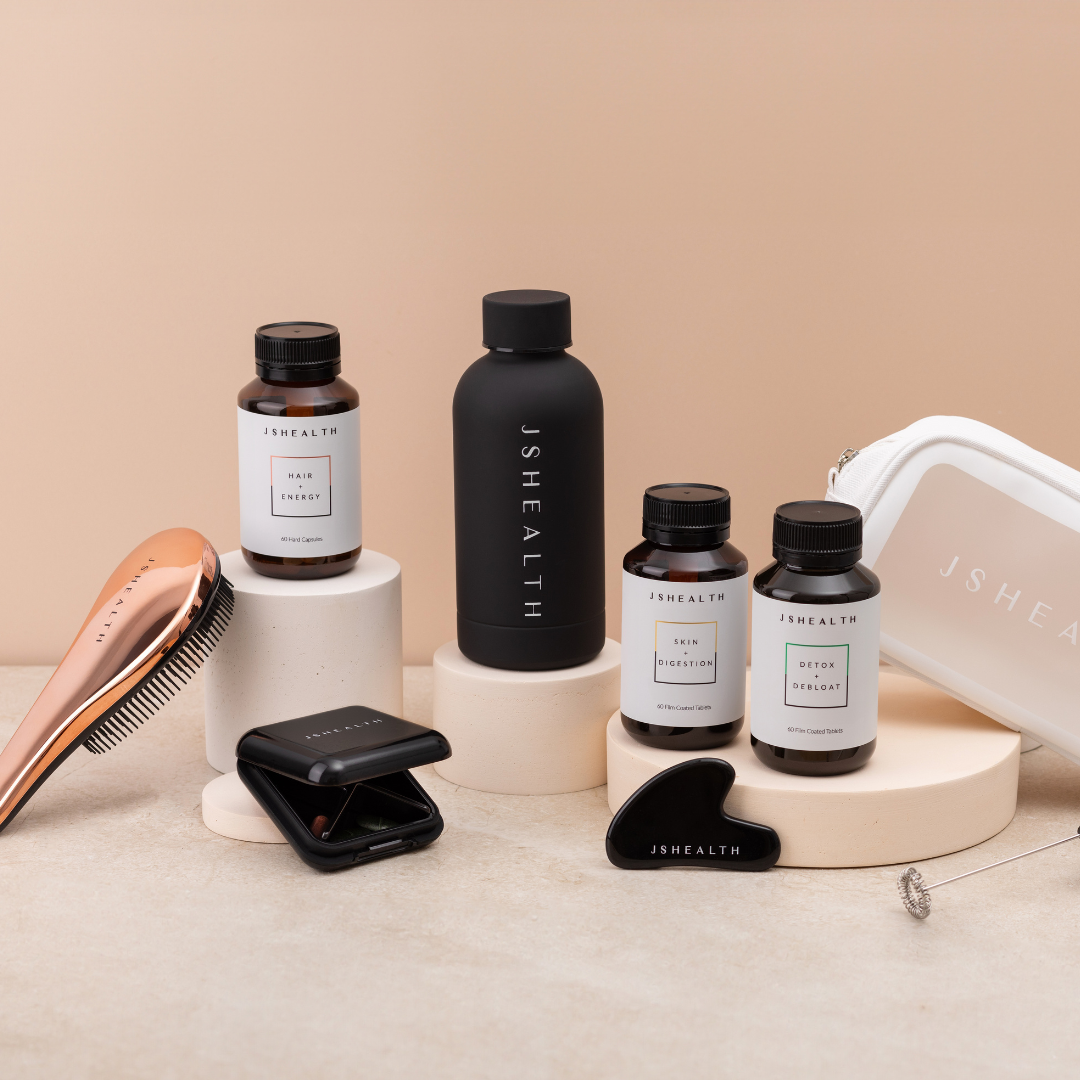How to care for your scalp for your best hair ever!
Out of sight, out of mind - often, that’s how we treat our scalp. We reach for products that promise to strengthen our strands or spruce up the shine of our tresses, forgetting that underneath it all lies the real foundation to achieving healthy, beautiful hair: our scalp.
Investing in properly nourishing and nurturing your scalp is investing in the overall health of your hair. With a healthy scalp, you’ll experience stronger, more vibrant locks, as well as improved hair growth, hydrated follicles, and a reduction in early signs of hair loss and hair breakage.
From root to tip, here’s everything you need to know about how to care for your scalp like an expert.
Understanding the Role of Your Scalp
The scalp is really an extension of the skin on our face, with a little extra density. It’s made up of five different layers of tissue (the rest of our skin has three layers), more oil glands, and a ton of hair follicles – over 100,000! Your scalp has unique features that depend on factors like genetics, skin type and age, along with environmental factors like humidity and temperature.
The scalp features its own microbiome - an intricate network of microscopic organisms that work in harmony to keep your hair strong and healthy. These organisms are responsible for hydrating the scalp, producing natural oils, and protecting against bacteria, fungi and UV radiation.
The scalp is home to two gland components: the sebaceous gland and the sweat gland. The sebaceous glands secrete natural oils called sebum that keep your scalp moisturised and protected from outside damage such as extreme temperatures or UV rays. Sweat glands control the body’s temperature by releasing sweat to cool the scalp.
Think of your scalp as the soil in which your hair grows. Just like how healthy soil is essential for a flourishing garden, a healthy scalp is key for stronger, healthier locks. Your hair follicles are embedded within the scalp and receive nourishment from the sebum produced by the sebaceous glands.
Correctly identifying the condition of your scalp will help you determine how best to take care of it. Certain scalp conditions can result in hair breakage and even hair loss, so it’s vital to take note of any red flags – think redness, irritation and itchiness. Your dermatologist or health professional can help correctly diagnose your specific circumstance, and provide the best treatment options for you.
Your path to proper scalp care begins here:
- Keep it clean: Cleansing your scalp regularly with a gentle shampoo is crucial to remove buildup, excess oil and dirt that can clog your hair follicles. However, be careful not to overclean as shampooing your hair too often can strip away the natural oils (sebum) your scalp produces that are essential for healthy hair growth, leaving it dry and vulnerable to irritation. This can encourage your scalp to overcompensate by producing more oils to restore lost moisture, leaving you with oily, lacklustre hair. Aim to wash your hair 2-3 times a week.
- Exfoliate: Just like your skin, your scalp can benefit from exfoliation to remove dead skin cells and stimulate circulation. Use a gentle scalp scrub or brush to exfoliate your scalp once a week.
- Moisturise: Keeping your scalp moisturised is important to prevent dryness, itchiness and flakiness. You can use a leave-in scalp treatment or oil to hydrate your scalp and nourish your hair.
- Protect from the sun: Your scalp is just as susceptible to sun damage as your skin. If you’re going to be spending a day out in the sun, be sure to wear a hat or use a hair product with UV protection to shield your scalp from harmful UV rays.
- Massage your scalp: Regularly massaging your scalp with hair oils or serums can help nourish your hair follicles and promote healthy hair growth. Even sans the oils, rubbing your fingers in gentle circular motions over your scalp can stimulate increased blood circulation, helping to heal any damaged skin.
- Be gentle: We all love to style our hair – it’s a part of our self-expression. Opt for heat-free styling methods, such as curlers or even your socks!
- Consider your diet: What you take into your body directly impacts the health of your scalp and hair. Eating a balanced diet rich in vitamins and minerals, such as omega-3 fatty acids and biotin, can further help to promote healthy hair growth and prevent any scalp issues.
Ultimately, the goal is to create a sustainable scalp care routine that works for you. Scalp care is skincare at its core. That’s why it’s extra important to give yourself some extra TLC, from top to bottom. With the right approach, patience and kindness, your hair will thank you for it!
Discover our 2-Step Vitamin Haircare System, specially formulated by biochemists to care for your scalp health, as well as nourishing the lengths of your hair.
